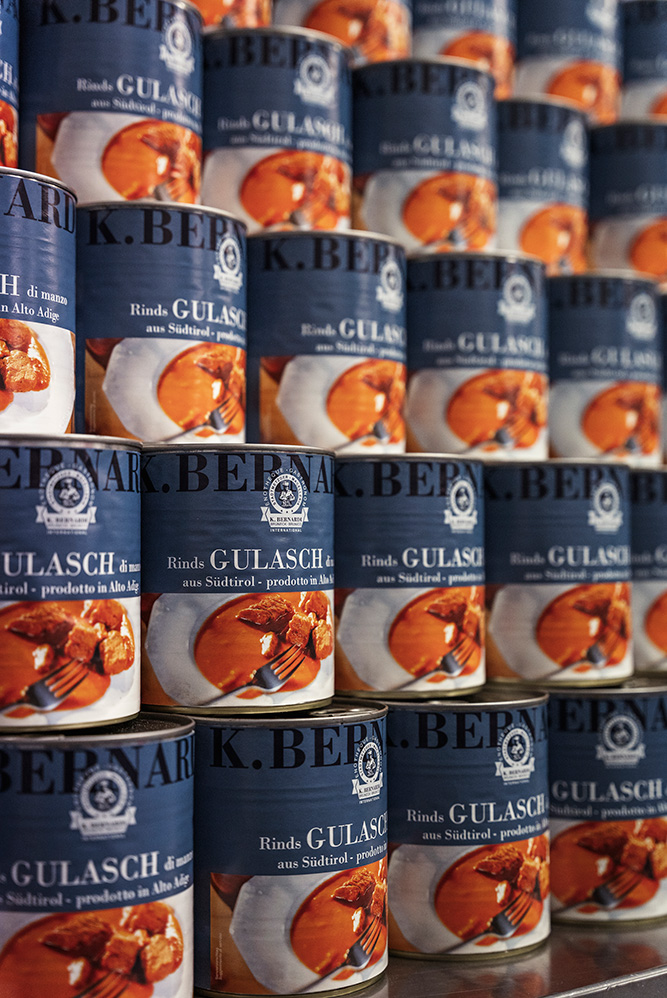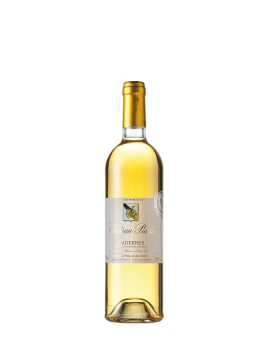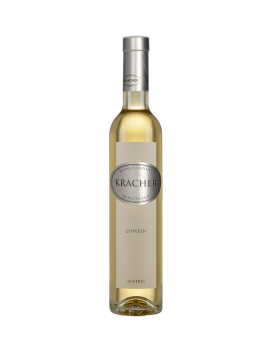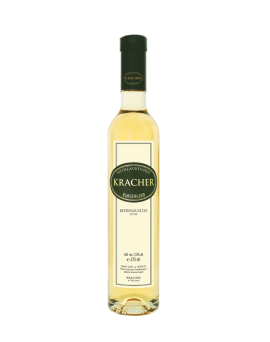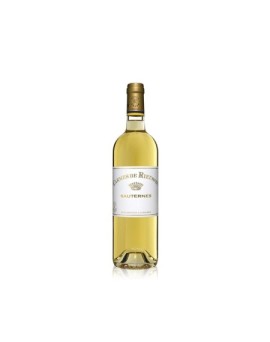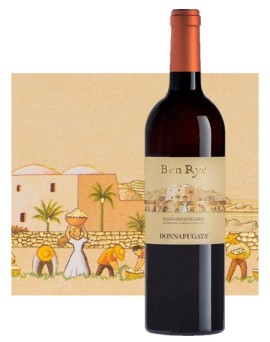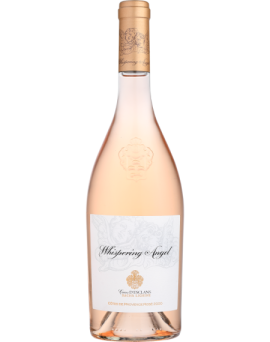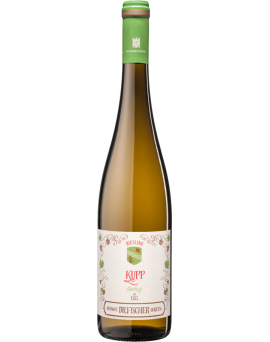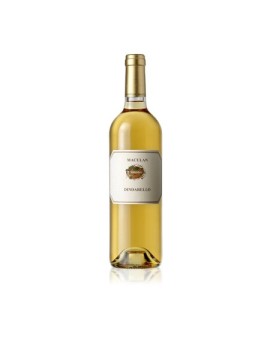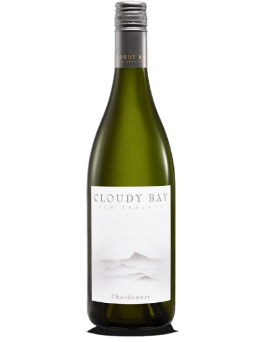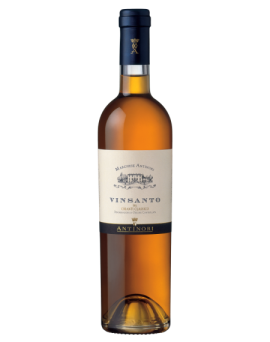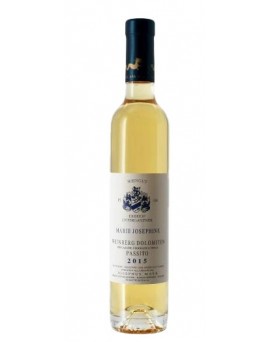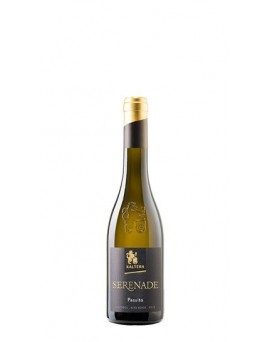Sauternes Chateau Piada...
The AOCs Sauternes and Barsac are located south of Bordeaux, specifically in the Graves. Both AOCs date back to 1936. The area known as Sauternais comprises five<br />communes: Barsac, Bommes, Fargues, Preignac and Sauternes; while that of Barsac exclusively comprises the commune from which it takes its name. It is worth noting<br />that these regulations allow Barsac producers to name their wines both Barsac and Sauternes AOC (both are often mentioned on the label), while Sauternes producers can<br />only name their wines Sauternes AOC. The area's soils are of alluvial origin with a good presence of limestone; what gives this area its unique characteristics is the<br />microclimate created by the Garonne and Ciron rivers and its proximity to the Atlantic Ocean: these presences are decisive in favouring the development of pourriture noble,<br />noble rot, on the grapes, creating a unique concentration. The varieties used for the AOC Sauternes and Barsac are: Sémillon, Sauvignon Blanc and Muscadelle. The quality<br />of the wines produced in these areas has a long history, in fact already in 1855 Napoleon III, drawing up the first classification of Crus, recognised Château d'Yquem as the<br />only Premier Cru Supérieur located outside the Medoc, followed by two other categories: Premier Cru (11 Châteaux) and Deuxième Cru (15 Châteaux).<br /><br />Varieties: Sémillon, Sauvignon Blanc, Muscadelle.<br /><br />Vineyards: The Château Piada vineyards are located on the Barsac plateau and, according to some<br />historical documents dating back to 1274, appear to be among the oldest in Barsac and<br />Sauternes. Château Piada wines come from a unique terroir characterised by soils<br />rich in limestone and clay.<br /><br />Vinification: after the grapes have ripened, the harvest is carried out by<br />harvest grain by grain, so as to use only those berries affected by the right degree of botrytis. Vinification takes place in oak barrels: after one year of the wine is blended,<br />filtered and stored in stainless steel vats until bottling.<br />until bottling, all for a period of 18 to 20 months after the harvest.<br /><br />Characteristics: Château Piada has a beautiful golden yellow colour; it presents itself on the nose very fragrant and elegant, clean, on the palate it is sweet and intense.<br />
Price
€24.20

